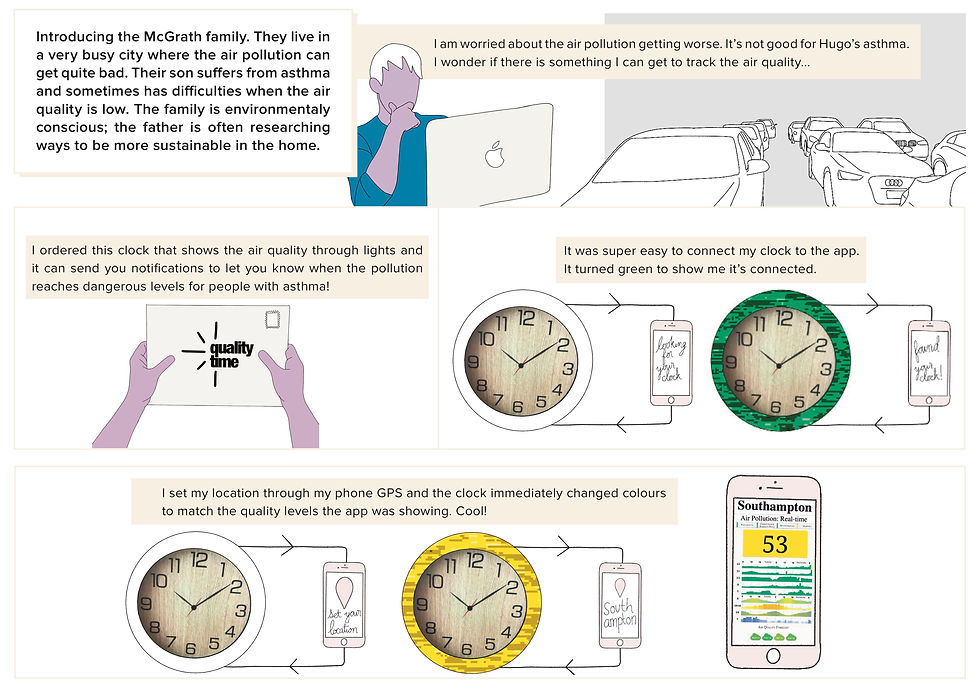002 - A BRIEF LOOK INTO SUSTAINABILITY
- tiffanybachelet
- Sep 12, 2019
- 2 min read
Updated: May 4, 2020
What is Sustainability? This international buzzword has repeatedly come up while doing research on climate change, yet is apparently often misinterpreted and misused.
Although the concept of sustainability has existed for centuries, the actual term did not enter the more general environmental vocabulary until the 1980's (Nicole Detraz).
The definition that is widely accepted today was probably conjured when UNEP (United Nations Environment Programme) was first established in 1972 during a UN conference on the Human Environment. Their newly founded mission was to “Provide leadership and encourage partnership in caring for the environment by inspiring, informing and enabling nations and peoples to improve their quality of life without compromising that of future generations.”. Comparing this to the modern definition of sustainability, coined by the Brundtland Commission of the United Nations over ten years later, which states that sustainability focuses on meeting the needs of the present without compromising the ability of future generations to meet their needs, you can clearly see the resemblance.
If you look at the roots of the word, sustinere is latin for “to hold up”, in other words : the ability to sustain or endure. This is very similar to the term resilience ; which encompasses the process of both resistance (i.e., the amount of disturbance needed to change an ecosystem's structure) and recovery (i.e., the speed of the reversion to the original structure) (Côté and Darling 2010).
Fundamentally, sustainability is something we should all live by.
“In the past 50 years, humans have changed the ecosystem more rapidly and extensively than in any comparable period of time in human history, largely to meet rapidly growing demands for food, fresh water, timber, fiber and fuel. This has resulted in a substantial and largely irreversible loss in the diversity of life on Earth.” - Millennium Ecosystem Assessment, 2005.
These irreversible changes to our worlds ecosystem stem from the short-term benefit for human well-being and growth.
This anthropocentric behaviour comes at a cost.
It is argued that poverty is a core cause of unsustainable development. It is not an uncommon belief that poverty “causes” unsustainability. This is reasoned by the concept that people act unsustainably by lack of alternative option. Take deforestation in Vietnam as an example. There are at least 25 million forest-dependent people living in Vietnam, and 20% of their income is secured from forest resources (Mary Robinson). These 25 million people are mostly ethnic minorities living in poverty. How can you tell these communities that the forests are worth more in the long term alive than dead? They need an alternative.
What do you think about the question : is eradicating poverty the answer to living in a more sustainable world?
References:
Côté, I. and Darling, E. (2010) 'Rethinking Ecosystem Resilience in the Face of Climate Change', PLOS biology, PLoS Biol 8(7): e1000438.
Detraz, N. (2017) 'Sustainability and Sustainable Development as Gendered Concepts', in Gender and the Environment. Cambridge: Polity Press, Page 21.
Robinson, M. (2019) 'Small Steps Towards Equality', in Climate Justice, A Man-Made Problem with a Feminist Solution. London: Bloomsbury Publishing, Page 76.


Comments